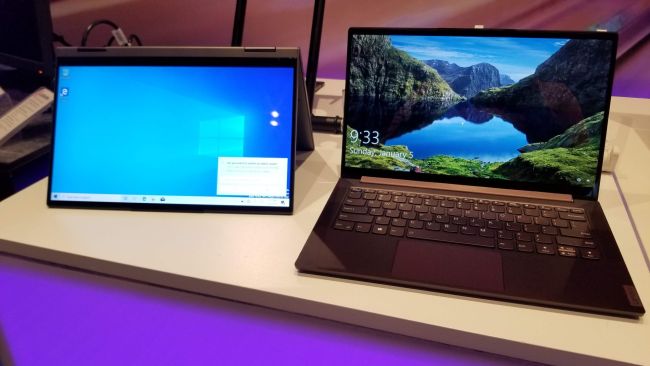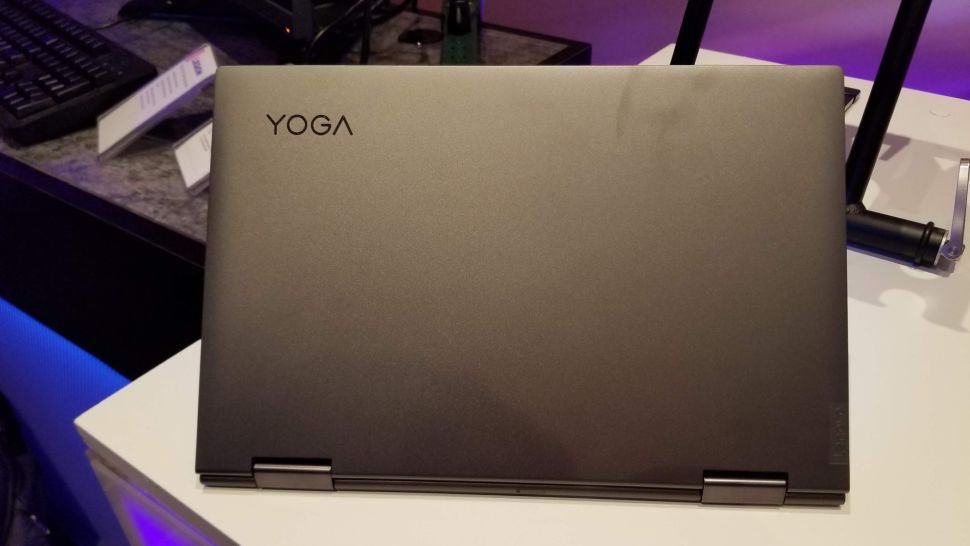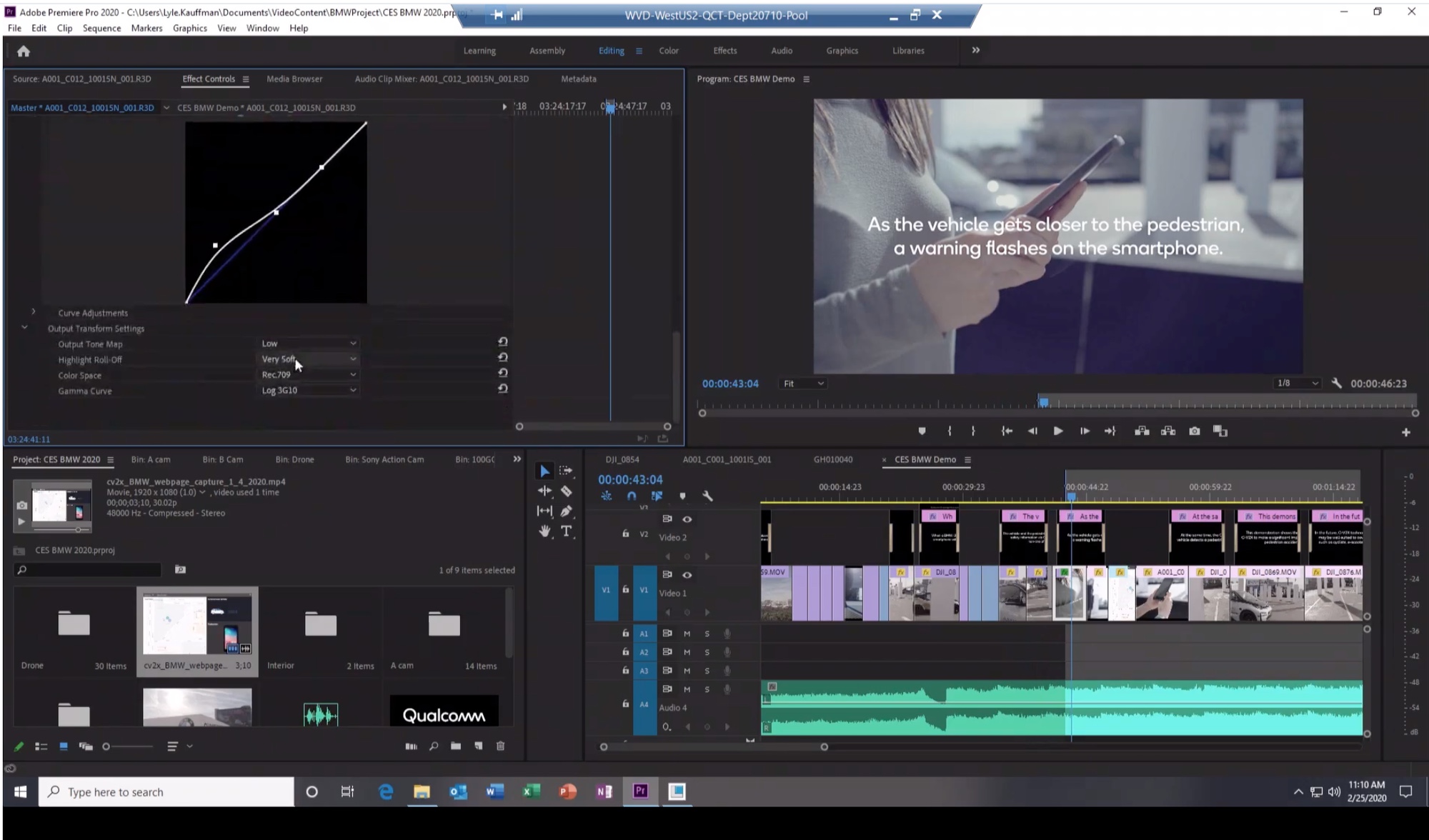5G laptops are hitting Sprint and Verizon this year: Why that matters
Qualcomm says the wireless carriers have committed to offering always-connected 5G laptops

Laptops capable of connecting to emerging 5G networks are coming this year. And when they arrive, you'll be able to get those always-connected PCs through Sprint and Verizon.
That announcement came via Qualcomm, which has been pushing its always-connected computing platform for both LTE and 5G connectivity for a couple years now. During a presentation of 5G today (Feb. 25), Qualcomm said that Sprint and Verizon would be among the 17 mobile operators around the world who will support the chipmaker's 5G connected PC plans. Other carriers who will support the connected laptops include EE in Europe, as well as wireless providers in the Middle East, Africa, Asia and Australia.
- 5G phones: Every known model and release date
- Will 5G finally take off in 2020?
- Here are the best laptops you can buy
Qualcomm introduced its Snapdragon 8cx chipset in 2018 to bring LTE connectivity to laptops and has since broadened its portfolio of chips to bring connectivity to a wider range of laptops. That includes 5G as part of the Project Limitless initiative with Lenovo.
At CES 2020 last month, Lenovo showed off the Yoga 5G laptop powered by a Snapdragon 8cx 5G processing platform. That device is expected to cost $1,499 and ship this spring.

Qualcomm's presentation today didn't provide any new information about availability other than the commitment of Sprint and Verizon to provide wireless service for this and any other 5G-connected PCs. We're still waiting to hear about what kind of data plans these carriers will provide for always-connected laptops and whether you'll be able to buy the devices on installment plans the way you can with 5G phones.
Both Verizon and Sprint are still in the process of building out their 5G networks, which adds another complication to the launch of connected laptops. Verizon's 5G network is built on high-speed millimeter wave technology and is available in more than 30 U.S. cities currently. But coverage is limited to select neighborhoods and millimeter wave signals have a hard time reaching indoors.
Meanwhile, Sprint's 5G network uses midband spectrum which has a wider reach but slower speeds. Sprint launched its service in 9 cities last year and brought additional coverage to the Miami area in advance of this year's Super Bowl. Sprint's future 5G expansion is awaiting the completion of the carrier's pending merger with T-Mobile, which has a 5G network of its own.
Sign up to get the BEST of Tom's Guide direct to your inbox.
Get instant access to breaking news, the hottest reviews, great deals and helpful tips.
But Qualcomm stresses that 5G is going to continue evolving, with networks adding scale in 2020. That means millimeter wave expansion into different markets and across different spectrums while technologies like dynamic spectrum sharing can allow wireless carriers to upgrade their 4G coverage to 5G. That's an ongoing process, though, so it's unclear when 5G will be ubiquitous enough to guarantee your laptop will be able to get that 5G connection more often than not.
How 5G laptops could boost productivity
Qualcomm did show off what 5G connectivity will mean for laptop users in a demo during today's presentation. A company executive was using Lenovo's Yoga 5G notebook to edit raw, high-resolution video stored on the cloud using Adobe Premiere Pro. That's the sort of work that's typically consigned to workstations, not laptops.

"Increasingly with 5G, we'll see speeds that are blazingly fast," said Mark Linton, Microsoft's general manager for portfolio and solutions during Qualcomm's 5G event. "For us, there's a big opportunity where we see our PC customers be unleashed."
Philip Michaels is a Managing Editor at Tom's Guide. He's been covering personal technology since 1999 and was in the building when Steve Jobs showed off the iPhone for the first time. He's been evaluating smartphones since that first iPhone debuted in 2007, and he's been following phone carriers and smartphone plans since 2015. He has strong opinions about Apple, the Oakland Athletics, old movies and proper butchery techniques. Follow him at @PhilipMichaels.

